The Oncler Way, Materials Economy Blog, New Digital Art and Photography
The Oncler Way

Many of us were introduced to the dangers of the materials economy by Dr. Seuss and the Lorax. The story starts positive enough. A wide-eyed and well-meaning Oncler has a dream: to build a Thneed Empire. All he needs are an endless supply of Truffla trees and an unsuspecting, oddly already mutated, but well-meaning ecosystem to plunder. It is full assembly line ahead, with never a thought to replanting, or whether perhaps at some point we might have enough thneeds, and would prefer to enjoy the environment rather than exploit it. Well, I think we know I how I feel, Hivelanders.

The Lorax is a good place to start when studying the Materials Economy with your mid-grade homeschooler. From there you may wish to look the Story of Stuff. The process I use here with minime is to watch and summarize, with him doing all the typing and me also offering comprehension and challenge questions.
Annie Leonard hosts the Story of Stuff. She explains consumer goods move though a system from extraction, to distribution, to consumption, and finally disposal. This system is called the ‘materials economy’. Annie Leonard tells us that it is a system in crisis. It is a linear system that runs on a planet with limited resources.

Video Analysis
Let’s begin by talking about people. People exist all along the system but do not benefit from the system equally or equitably. In theory, the government should watch out for the people’s interest. Make the system as equal and equitable as possible. However corporations have grown more powerful than governments, and they have corrupted governments and captured politicians and bureaucrats. Laws and policy are instead made to benefit the corporations and not the people.
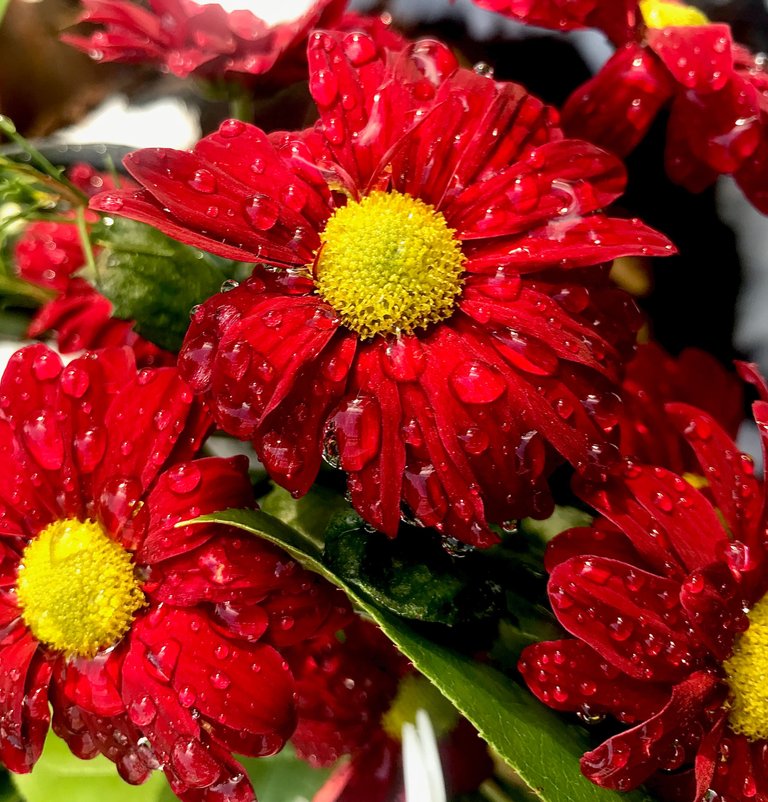
Annie Leonard defines extraction as natural resource exploitation, or in her words 'trashing the planet'. We deforest, mine, pollute, and destroy habitat to get at the raw materials we need for the materials economy. These resources are limited, and we are running out of them. Moreover, some countries, and certainly some corporations, use more resources than others and take from other countries, without sharing in an equitable way with the country’s people, or cleaning up after themselves. Sometimes they also poison the land and exploit the people.
In this system, if you don’t own land or a means of production/distribution, can’t be exploited for labour, or in a position to consume, you have little value. This system also destroys local economies and forces people into low paying extraction and production jobs that are often dangerous.
At the production stage, factories consume large amounts of energy, usually in the form of fossil fuels; raw materials are often mixed with poisonous and harmful substances; and greenhouse and toxic gases are emitted into the atmosphere. Water and land is also poisoned.

We’ve reached distribution. In the case of a store like Walmart, or another box store, the goal is to keep prices low and inventory moving as fast as possible. Sell, sell, sell. Corporations keep prices down with low wages and poor benefits for employees. This is aided with government -set minimum wages that often do not meet a basic standard of living.
People must work multiple jobs just to make enough for basic needs. Corporations externalize the cost of production with the hidden costs of poverty among their labour-force and environmental damage.
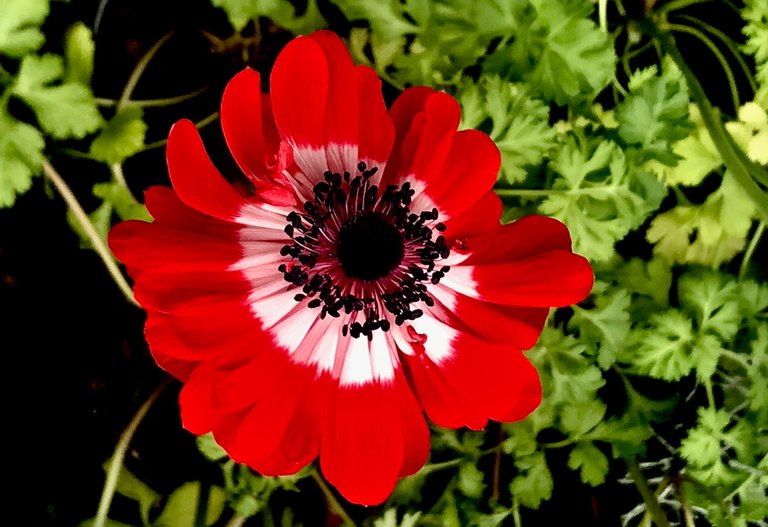
Annie tells us about the ‘golden arrow of consumption’. The belief among those that benefit the most from the materials economy that the system must be driven forward at all costs. Just like the Oncler believes from Dr Seuss’ Lorax, progress, consumption, and profit must push forward even if it means the loss of the last Truffla tree and its immediate disposal. The average US person consumes twice what they did 50 years ago, and ninety-nine percent of what we buy is trashed within six months.

Our values have changed. We used to value thrift, resourcefulness, and stewardship. In a materials economy, we value consumption.
Corporations have worked into products planned and perceived obsolesces. Products are made to be disposed of in a short period of time, so the consumer must keep buying. Designed for the dump. The media pushes this and our perceived need to stay modern and acceptable. We believe we must buy our way to modernity and progress.
All that stuff, if its not recycled, is either incinerated or buried in a landfill. The land, air, and water is polluted. Recycling is not enough. It reduces the stress of the disposal and extraction stages, but much more waste occurred upstream in the system, and not everything can be recycled.
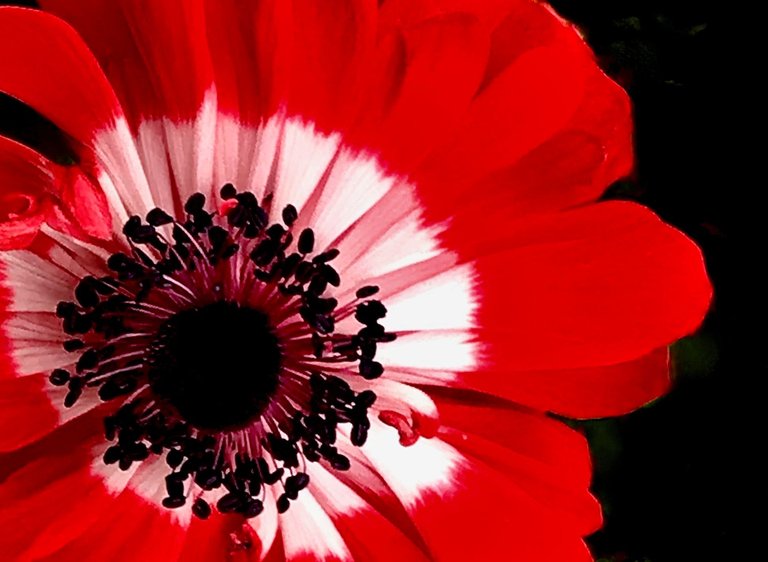
Ironically, the more stuff we have acquired, the less happy we have become. We work hard to accumulate and have less time for the things that truly enrich our life experience. Friends, family, and leisure time. Annie leaves us with an impassioned plea that we work to reclaim our governments, create a circular and sustainable economic system, and improve equity for everyday people.

We began with Seuss PhD and so let's end there too. The Grinch makes it plain: what we buy almost always ends up in our garbage, and if we are not careful, eventually we end up living in the stuff.
Me. I am more of a consumer of energy ... feels ... I evaluate not just what I spend my money on, but also how I spend my time. Money is a limiting factor for sure; but time much more so.
I want to fill my time with love and learning and not just stuff. Too much stuff clutters things up; clutters the Way, the way to happiness and enlightenment.
Travel lightly, Hivelanders, and keep your footsteps clear of junk. Concentrate on good food and experiences. Be sure the path you lead is not littered with toxicity, dead things, and depleted soil. Happiness is never found in a heavy load, even if one is loaded down with gold, silver, and the absolutely latest Iphone model.
Share when you can. Don't take more than you need, because the extra you take falls to waste. Let the world that surrounds you remain abundant, that it may offer nourishment for the whole journey and for those that will surely follow.

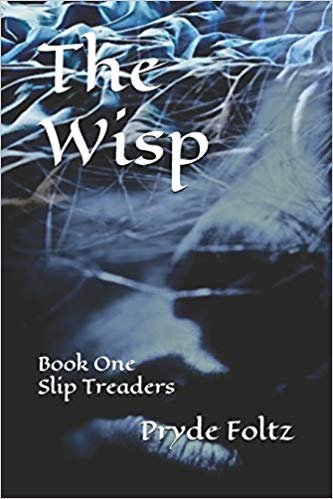
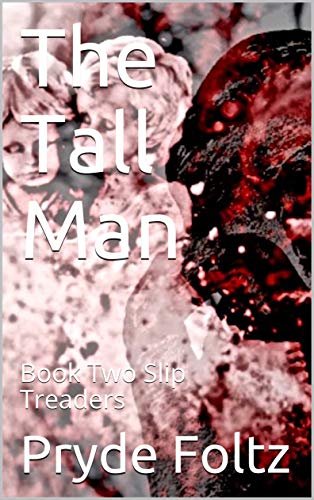



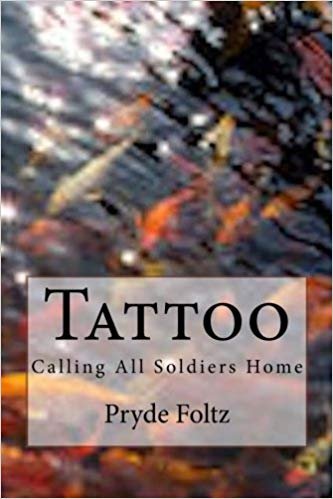
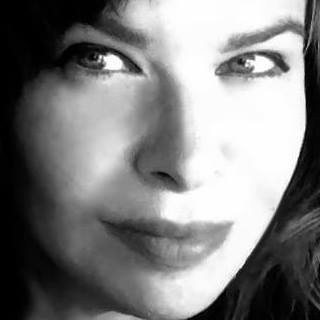
Hi Pryde, long time no see. I've been resting.
There's the problem right there above.
On the rare occasion that I buy something. I always think in terms of lifespan of said object.
For example. I bought a Canon 70d camera (used) several years ago now and no doubt it will last me out.
The public has had a weird mindset foisted upon them by corporations literally in the last 50 years. More so in the last 20 years it has accelerated and spread across all kinds of products.
The iPhone is the epitome of this phenomenon. Their update cycle is insane but people fall for it every time?
Tread lightly on the earth is a good place to start.
Beautiful photography of the flowers btw. 👍🏼
Yes, Apple seems to be the worse offenders wrt planned obsolescence. It is a bit much considering how much they make on apps and such. I keep telling myself that I will learn how to make my own phones and computers and then I won't be at the corporation's mercy; but there in lies the time factor:)
Nice to hear from you:) Hope your rest has been a good one:)
Apple are notorious for pushing updates to their older phones to make them slower so customers assume they need a new phone. Slick business practices 😂👍🏼
I needed a long rest to just slow down and reassess my objectives. I haven't figured out what my objectives are yet but I feel a little refreshed. 🤦♂️👨💻👍🏼
A very related part to this discussion is how we pay for the endless consumption; as a society, it is by debt. The economy grows by debt. It's really a scary concept, with the economy based off society really just wanted to borrow money to consume more.
Debt and the value we place in money really is imaginary and yet it does fund real labour and alas real suffering and stress. I swore I would never fall into debt and I have kept that promise to myself. I am very thankful for that.
It's very beautiful plant collection.
Beautiful photography! 👍🏼